About Conference Flyer , On-Campus Flyer

The Group Photo of 2018 NSF-CBMS Conference on Computational Methods in Optimal Control.
Below are the Talks Slides and References:
Dr. Hager: Lecture 1, Lecture 2, Lecture 3, Lecture 4, Lecture 5, Lecture 6, Lecture 7-8, Lecture 9-10
Dr. Rao: Slide , Tutorial to GPOPS-II , LabTuesday Codes , LabThursday Problem [ Solution Codes ] (check Model Background)
Dr. Hinze: Slide , Two References: Book1 , Book2
Dr. Lenhart: Slide , A short course on optimal control
Dr. Heinkenschloss: Talk Paper, An old Slide, A PDE-Constrained Optimization paper with Codes
Dr. Leykekhman: Slide (pending)
Dr. Bukshtynov: Mini-Tutorial: Computational Aspects of Numerical Optimization Slide and Codes
PDE-constrained optimization: A good tutorial
For advanced users: Optimal Control for a Mathematical Model of Glioma Treatment
Due to the growing complexity of optimal control applications, approximate solutions are often obtained by numerical algorithms, which requires deep understanding of numerical discretization and solution techniques. Dr. Hager will deliver ten main lectures on state-of-the-art computational methods on optimal control during the morning sessions, which are accompanied with guided computer lab sessions in the afternoon focusing on computer implementations of the discussed algorithms. The presented lectures and the corresponding monograph will provide both the background needed to analyze convergence of discrete approximations and solution techniques in optimal control, and practical experience in solving real-world problems. To complement the content of the main lectures, a few invited speakers will give additional introductory talks that focus on efficient numerical methods for solving optimal control problems whose dynamics are described by a partial differential equation.
As one of the largest Historically Black Colleges and Universities (HBCUs) in the United States, Jackson State University is an excellent location for hosting this conference, which will have a direct impact on training and attracting African-American students in the computational mathematics and statistical sciences doctoral programs and professions. The anticipated participants include senior and junior faculty, postdoctoral fellows, and graduate students. Some travel support will be provided to selected participants based on several criteria, such as relevance of research background, academic preparation, potential of long-term collaboration, and broader impacts.
Organizers: Dr. Tor A. Kwembe, Dr. Jun Liu, Dr. Yonghua Yan, Dr. Zhenbu Zhang
Travel
1400 John R. Lynch St. Jackson, MS, Mississippi
The conference will be held on the main campus of Jackson State University.
On-campus housing will be reserved for those supported participants who requested on-campus housing. Room detail.
Near-by Hotel: Jackson Marriott Downtown, 200 E Amite St, Jackson, MS 39201, Link to make online reservations, (601) 969-5100
Near-by Airport (20mins): Jackson--Medgar Wiley Evers International Airport (JAN) Link the airport information, (601) 939-5631
Near-by Train Station (10mins): Jackson, Mississippi Train Station (JAN) | Amtrak Link the Train Station information, (800) 872-7245
Speakers
-
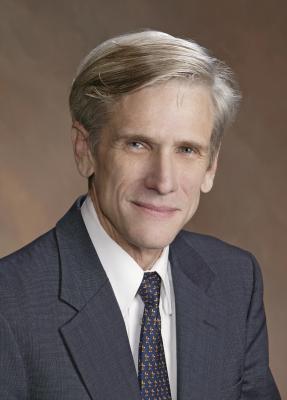
9:00am-12pm Computational Methods in Optimal Control
Dr. Hager William @University of Florida
Dr. Hager has been involved in research on numerical methods in optimal control for the past 45 years, and is an expert in this area. In particular, he has been a leader in the recent development of orthogonal collocation (pseudospectral) methods which have shown great promise. He is also managing editor of the journal Computational Optimization and Applications which has been an outlet for many papers in the area of numerical methods in optimal control. Dr. Hager was selected as a SIAM Fellow in 2015, for his contributions to optimal control, optimization theory, and numerical optimization algorithms. As an influential educator, Dr. Hager has advised about 20 Ph.D. students, many of whom are very productive as junior researchers. He has given more than 200 invited research presentations and lectures at numerous professional conferences and departmental colloquia. As a prestigious researcher, Dr. Hager has published more than 150 peer reviewed articles in high-quality journals and has reviewed numerous journal articles, books, and research proposals. Dr. Hager has been awarded almost 40 research grants from many different funding agencies, in- cluding NSF, ONR, ARO, AFRL, AFOSR, and DARPA.
-
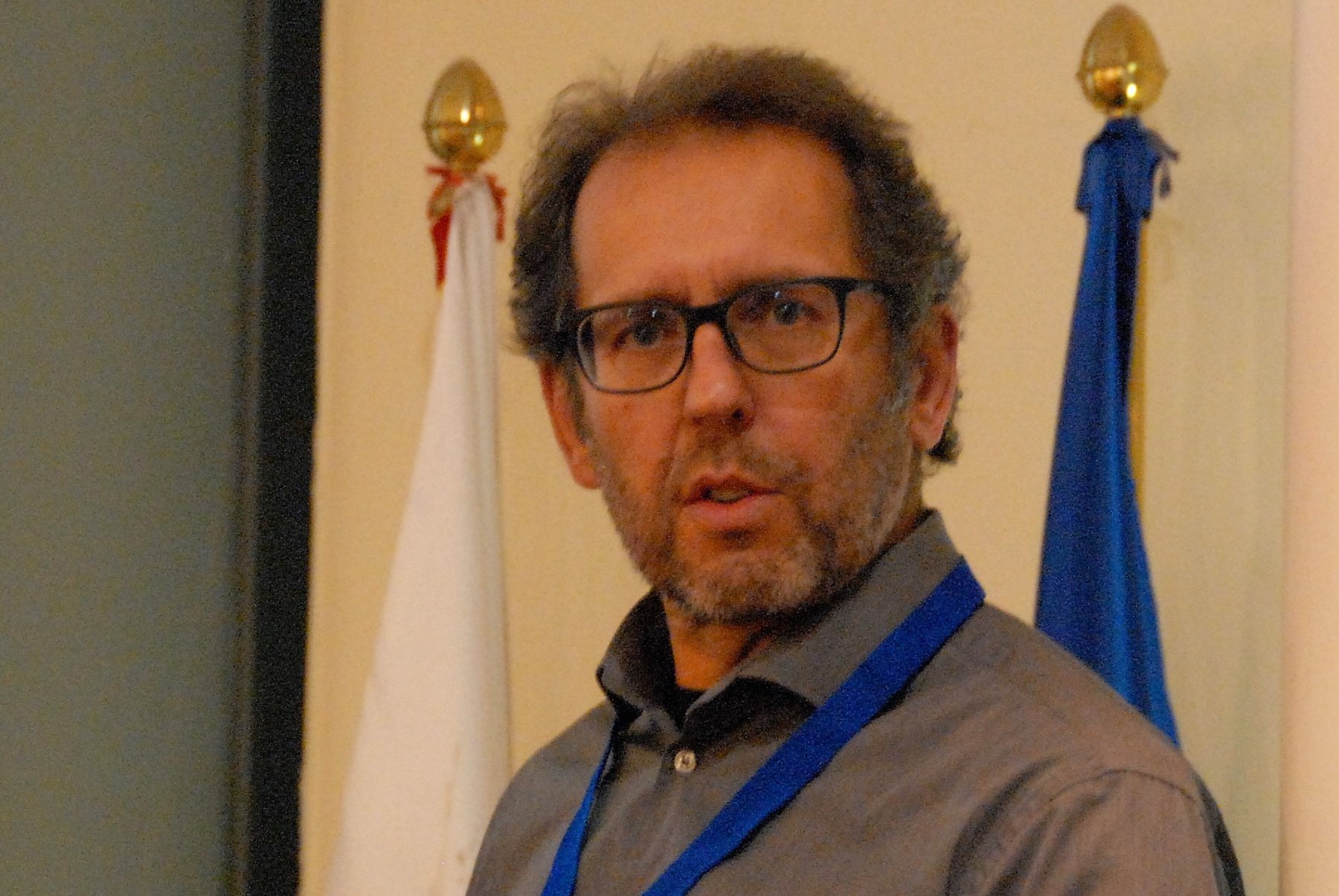
1:30pm-2:30pm Bang bang control of elliptic and parabolic PDEs
Dr. Michael Hinze @University of Hamburg
-
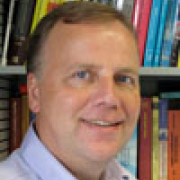
1:30pm-2:30pm Numerical Solution of Optimization Problems Governed by Time-Dependent PDEs
Dr. Matthias Heinkenschloss @Rice University
-

3:00pm-3:50pm Optimal control techniques for management strategies in biological models
Dr. Suzanne Lenhart @University of Tennessee
-
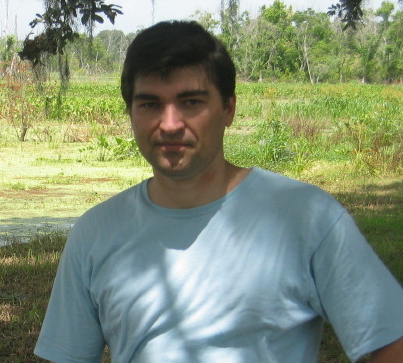
1:30pm-2:30pm Numerical Analysis of Sparse Initial Data Identification for Parabolic Problems
Dr. Dmitriy Leykekhman @University of Connecticut
-
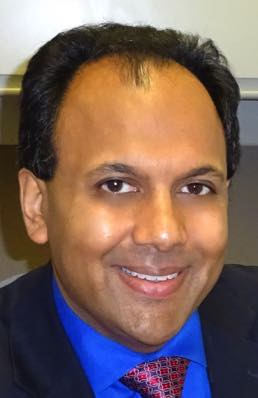
3:00pm-5:00pm A Tutorial on GPOPS-II: A MATLAB software for optimal control problems
Dr. Anil Rao @University of Florida
Schedule
Here is conference full program. How to install GPOPS-II software.
| Time | Slot | Description |
|---|---|---|
| 8:30-9:00am | Check-in / Coffee | - |
| 9:00am-12pm |
 Computational Methods in Optimal Control
University of Florida
Computational Methods in Optimal Control
University of Florida
|
10 main lectures on computational methods in optimal control, focusing on discretization and solution techniques. (outline) |
| 12pm-1:30pm | Lunch | - |
| 1:30pm-2:30pm |
 Bang bang control of elliptic and parabolic PDEs
University of Hamburg
Bang bang control of elliptic and parabolic PDEs
University of Hamburg
|
In this talk we describe the discrete treatment of elliptic and parabolic optimal control problems with bang bang controls. We use variational discretization with finite elements in space and discontinuous Galerkin methods in time to discretize the associated optimal control problems and provide optimal error estimates for the approximation error of optimal controls in L^1. Furthermore we propose a Tikhonov regularization approach and suggest an optimal coupling of regularization and discretization parameter to recover the optimal convergence rate of the limit problem. We prove error estimates for the resulting scheme and finally present numerical examples which support our analytical findings. |
| 1:30pm-2:30pm |
 Numerical Solution of Optimization Problems Governed by Time-Dependent PDEs
Rice University
Numerical Solution of Optimization Problems Governed by Time-Dependent PDEs
Rice University
|
The numerical solution of optimization problems governed by time-dependent partial differential equations (PDEs) presents several challenges which arise from the large-scale of the problem and from possible instabilities of the PDE solution. In this talk I will illustrate these challenges, sketch techniques that have been used to overcome them (such as checkpointing and multiple shooting formulations), and present optimization algorithms based on multiple shooting/time domain decomposition. I will also outline open research questions. |
| 3:00pm-3:50pm |
 Optimal control techniques for management strategies in biological models
University of Tennessee
Optimal control techniques for management strategies in biological models
University of Tennessee
|
Three examples with different optimal control techniques to choose management actions will be presented. Motivated by some tree species in Benin, the first example has a system of two ordinary differential equations representing the density of a plant species and the intrinsic growth rate of that species. We apply optimal control theory to investigate optimal strategies for the combinations of non-lethal and lethal harvest rates that minimize the cost of harvesting while maximizing the benefits (revenue) that accrue to harvesters and the conservation value of harvested ecosystem. The second example has a PDE system representing Zika spreading across a state in Brazil; the control varying in space and time is a vaccination rate. Data from Brazil were used to estimate parameters. The third example represents decision relating to a large scale forest fire. We incorporate the stochasticity of the time of a fire into our model and explore the trade-offs between prevention management spending and suppression spending. A large fire event in the past was used to form an illustrative example. |
| 1:30pm-2:30pm |
 Numerical Analysis of Sparse Initial Data Identification for Parabolic Problems
University of Connecticut
Numerical Analysis of Sparse Initial Data Identification for Parabolic Problems
University of Connecticut
|
In the talk we consider a problem of identification of initial data for a homogeneous parabolic equation from an observation of the final state. Since backward parabolic problem is a ill-posed, the problem of initial data identification from the final time observations is ill-posed too and in general one has little hope to recover the initial data accuratelly. However, if the unknown initial condition is assumed to be sparse, we can formulate it as a PDE-constrained optimal control problem on a space of regular Borel measures for the control variable and for this problem we show a priori error estimates of the Galerkin finite element solutions. Our error analysis is based on sharp smoothing type pointwise finite element analysis for homogeneous parabolic equations. |
| 2:30pm-3:00pm | Coffee-break | - |
| 3:00pm-5:00pm |
 A Tutorial on GPOPS-II: A MATLAB software for optimal control problems
University of Florida
A Tutorial on GPOPS-II: A MATLAB software for optimal control problems
University of Florida
|
A general-purpose MATLAB software program called GPOPS−II is described for solving multiple-phase optimal control problems using variable-order Gaussian quadrature collocation methods. The software employs a Legendre-Gauss-Radau quadrature orthogonal collocation method where the continuous-time optimal control problem is transcribed to a large sparse nonlinear programming problem (NLP). An adaptive mesh refinement method is implemented that determines the number of mesh intervals and the degree of the approximating polynomial within each mesh interval to achieve a specified accuracy. The software can be interfaced with either quasi-Newton (first derivative) or Newton (second derivative) NLP solvers, and all derivatives required by the NLP solver are approximated using sparse finite-differencing of the optimal control problem functions. |
| 5:00pm-7:30pm | Group dinner (Tuesday) | - |
Sponsors
Partners
Contact
Should you have any questions, please feel free to contact the organizers:
Dr. Tor A. Kwembe, tor.a.kwembe@jsums.edu, (601) 979-2161
Dr. Jun Liu, juliu@siue.edu, (618) 650-2220
Dr. Yonghua Yan, yonghua.yan@jsums.edu, (601) 979-3762
Dr. Zhenbu Zhang, zhenbu.zhang@jsums.edu, (601) 979-3752
Participants
Below is a list of comfirmed participants that receiving the travel support:
| Full Name: | Affiliation: |
|---|---|
| Buddhika Priyasad Sembukutti Liyanage | The University of Memphis |
| Christie Mauretour | University of Florida |
| Christina Edholm | University of Tennessee, Knoxville |
| Eric Numfor | Augusta University |
| Eva Comino | University of Southern Mississippi |
| He Yang | Augusta University |
| Ibrahim Halil Aslan | University of Tennessee, Knoxville |
| Irina Kareva | University of Massachusetts Amherst |
| Jaeyoun Oh | University of Southern Mississippi |
| James D Diffenderfer | University of Florida |
| Mahir Demir | University of Tennessee, Knoxville |
| Mahya Aghaee | University of Florida |
| Marcelo Bongarti | University of Memphis |
| Nguyen-Truc-Dao Nguyen | Wayne State University |
| Pamela Guerrero | University of Memphis |
| Qicai Li | North Carolina State University |
| Rainey Lyons | University of Louisiana at Lafayette |
| Shuai Yuan | University of South Carolina at Columbia |
| Sijing Liu | Louisiana State University |
| Srijana Ghimire | University of Louisiana at Lafayette |
| Stephen Guffey | University of Memphis |
| Subhash Subedi | University of Louisiana at Lafayette |
| Subhashree Mohapatra | Independent |
| Summer R Atkins | University of Florida |
| Sutthirut Charoenphon | University of Memphis |
| Vladislav Bukshtynov | Florida Institute of Technology |
Below is a list of local and other registered participants
| Full Name: | Affiliation: |
|---|---|
| Herious A Cotton | Jackson State University |
| Carolyn Davis | Jackson State University |
| David Rop | Jackson State University |
| Demetria Howard White | Jackson State University |
| Djiby Fall | New York University Abu Dhabi |
| Haitao Gong | Jackson State University |
| Ningning Wang | Jackson State University |
| Renee Dale | Louisiana State University |
| Robin Ghosh | Jackson State University |
| Roy A. McCann | University of Arkansas |
| Saadat J Faizi | Jackson State University |
| Tor A Kwembe | Jackson State University |
| Yonghua Yan | Jackson State University |
| Zhenbu Zhang | Jackson State University |
| Christina Edholm | University of Tennessee, Knoxville |
| Jeonghun Lee | University of Texas at Austin |
| Yonghua Yan | Jackson State University |
| Di Wu | Jackson State Universtiy |
| Jiblal Upadhya | Marquette University |
| YOHN JAIRO PARRA-BAUTISTA | Jackson state university |
| RICHARD A. ALO | Jackson state university |
| Yohn Jairo Parra | Jackson State University |
| Atabong, Timothy Agendia | Florida A and M University |
| Caixia Chen | Tougaloo College |
| Ranella Howard Anderson | Jackson State University |
| Justin Thompson | Jackson State University |




